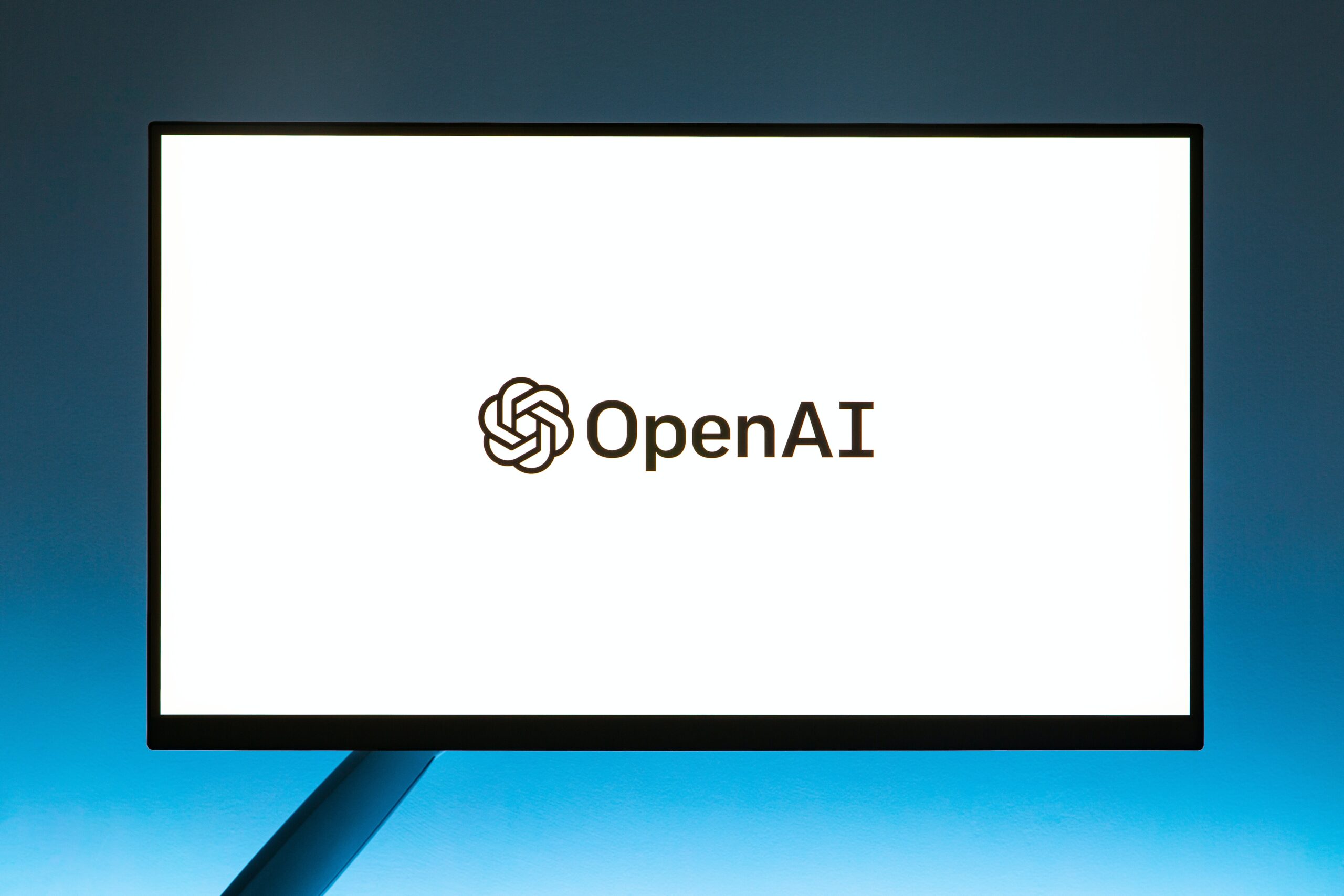Artificial intelligence (AI) is transforming industries across the board, and the workplace is no exception. As the technology becomes more advanced and accessible, organizations are finding new ways to integrate AI into their operations, from automating repetitive tasks to analyzing data to inform strategic decisions. In this blog, we’ll explore the ways in which AI is transforming the workplace and what this means for the future of work.
- Automating Repetitive Tasks One of the most significant impacts of AI on the workplace is the ability to automate repetitive tasks. This not only saves time and resources but also allows employees to focus on higher-level tasks that require critical thinking and creativity. For example, AI can automate tasks like data entry, scheduling, and basic customer service interactions, freeing up employees to work on more complex issues.
- Improving Decision-Making Another way in which AI is transforming the workplace is by improving decision-making. AI-powered analytics can quickly analyze large amounts of data, identify patterns, and provide insights that would be difficult or impossible for humans to detect. This can help organizations make more informed decisions, from product development to resource allocation to financial forecasting.
- Enhancing Collaboration AI can also enhance collaboration among employees, particularly those who work remotely or across different time zones. Collaboration tools powered by AI can facilitate real-time communication, document sharing, and project management, helping teams work more efficiently and effectively.
- Creating New Jobs While there is no doubt that AI will automate some jobs, it will also create new ones. As organizations integrate AI into their operations, they will need employees with specialized skills to develop and maintain the technology, as well as to analyze the data it produces. This presents opportunities for workers in fields like data science, software engineering, and machine learning.
- Ethical Considerations As with any emerging technology, there are ethical considerations to take into account when it comes to AI in the workplace. For example, there are concerns around the potential for AI to perpetuate bias, as well as questions around the role of humans in decision-making when AI is involved.
The future of work is undoubtedly being shaped by AI, and organizations that embrace the technology are likely to see significant benefits in terms of efficiency, productivity, and innovation. However, it’s important to approach AI integration thoughtfully, with an eye towards both the opportunities and the potential pitfalls.







Leave feedback about this